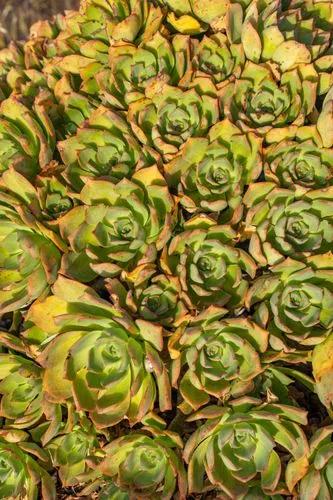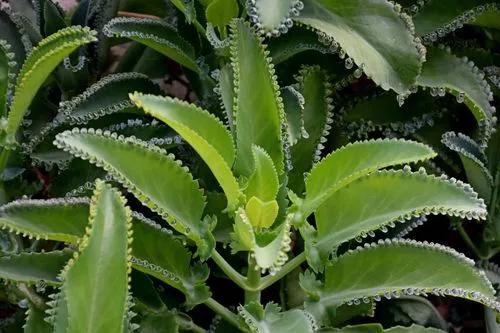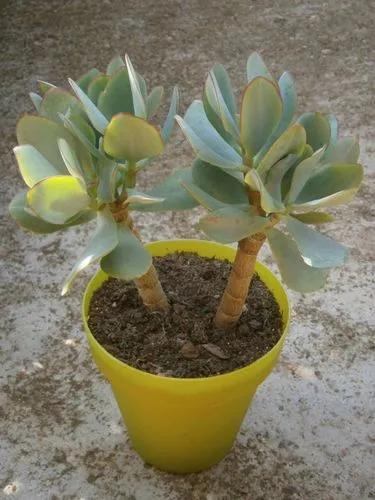Sempervivum, commonly called house leek (houseleek), is native to the mountains of southern Europe. It is an evergreen, mat-forming succulent that typically forms rosettes (to 4” across) of 50-60 thick glabrous leaves (to 1.5-3” long) that are sometimes purple-tipped.
Hen And Chick Care
Sempervivum 'fernanda'.



How to Care for the Plant

Water

On average, once a week is how often you should water hens and chicks. Avoid watering hens and chicks when the soil is damp, especially after a rain. Hold off for a few days and check again. The plant won't wither in a few days.

Fertilizer

They require full sun and well drained, even gritty soil. Hens and chicks don't need much fertilizer and should rarely be watered.

Sunlight

Full Sun to Part Sun

Soil

Plant them in sandy soil or add compost, potting soil, gravel or vermiculite to the ground to help with drainage. Hens and Chicks survive in soil where other plants can't grow. They do great with very little soil, even in gravel and cracks in rock walls, however, accumulated water will kill the plants.

Temperature

The ideal temperature for hens and chicks is between 65 and 75 degrees F. (18-24 C.). When temperatures zoom upwards or plummet down, the plants become semi-dormant and will cease growing. Potted plants can be placed in clay pots with a cactus or succulent mix.

Container

Hens and chicks, also called Sempervivum, are many gardeners all-time favorite plants to grow in containers.

Additional

The hen and chicks Sempervivum isn't known to contain any toxic compounds. It's considered a safe plant to grow around pets and children. The American Society for the Prevention of Cruelty to Animals (ASPCA) states hen and chicken Sempervivums aren't toxic to dogs, cats, or horses. Hens and chicks are members of the Sempervivum group of succulent plants. They are commonly called houseleeks and grow well indoors and out, in cool or hot temperatures. Hens and chicks plants are so called because of the rosette shape and habit of the plant to produce numerous babies.

Popularity

33 people already have this plant 4 people have added this plant to their wishlists
Discover more plants with the list below
Popular articles






